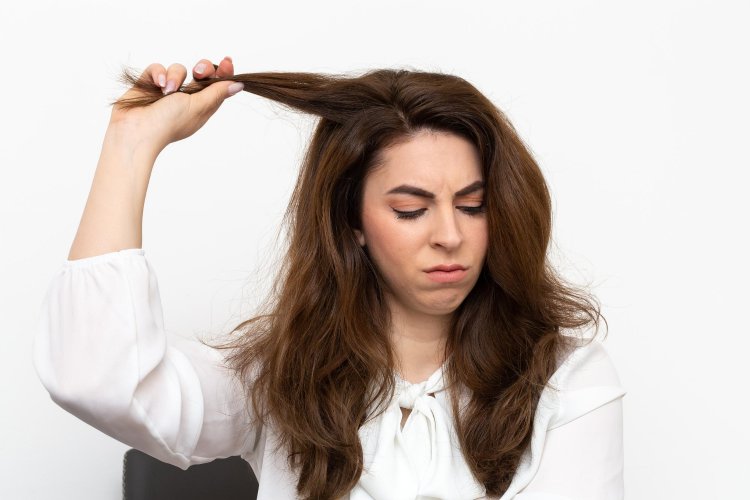Unraveling Trichotillomania: The Compulsive Urge to Pull Hair
Trichotillomania, commonly known as "hair-pulling disorder," is a psychiatric condition characterized by recurrent, irresistible urges to pull out one's hair, resulting in noticeable hair loss. This disorder falls under the category of Obsessive-Compulsive and Related Disorders in the Diagnostic and Statistical Manual of Mental Disorders (DSM-5). Trichotillomania can affect individuals of all ages but often starts during adolescence.

Symptoms and Diagnosis
The primary symptom of trichotillomania is the repetitive pulling out of hair from any part of the body where hair grows, such as the scalp, eyebrows, or eyelashes. Individuals typically experience increasing tension before pulling out the hair and a sense of relief or gratification afterward. This behavior can lead to significant distress and impairment in social, occupational, or other important areas of functioning.
Diagnosis of trichotillomania is clinical and relies on the following DSM-5 criteria:
- Recurrent hair pulling resulting in noticeable hair loss.
- Attempts to stop or decrease hair pulling.
- Significant distress or impairment due to the hair pulling.
- Hair pulling not attributable to another medical condition.
- Hair pulling not better explained by another mental disorder.
Causes and Risk Factors
The exact causes of trichotillomania are not fully understood but are thought to involve a combination of genetic, environmental, and psychological factors:
- Genetics: Family studies suggest a genetic predisposition to trichotillomania, as individuals with a family history of the disorder are more likely to develop it.
- Brain Chemistry: Imbalances in neurotransmitters like serotonin and dopamine may contribute to the development and maintenance of compulsive behaviors.
- Psychological Factors: Stressful life events or trauma can trigger or exacerbate hair-pulling behaviors. Personality traits such as perfectionism or anxiety may also play a role.
Treatment and Management
Treatment for trichotillomania typically involves a combination of approaches tailored to the individual's needs:
- Cognitive Behavioral Therapy (CBT): Specifically, Habit Reversal Training (HRT) is highly effective. HRT helps individuals become more aware of their hair-pulling triggers and teaches alternative behaviors to replace hair pulling.
- Medication: While no medications are FDA-approved specifically for trichotillomania, some individuals may benefit from antidepressants like SSRIs, which can help reduce symptoms of anxiety and compulsivity.
- Support Groups: Participating in support groups or counseling can provide emotional support and practical strategies for managing the disorder.
- Mindfulness and Relaxation Techniques: Techniques such as mindfulness meditation or progressive muscle relaxation can help reduce stress and diminish the urge to pull hair.
Trichotillomania is a complex disorder that can significantly impact a person's quality of life. Early diagnosis and intervention are crucial for effective management. With appropriate treatment, many individuals with trichotillomania can achieve symptom relief and improve their functioning. Ongoing research is essential to better understand the underlying mechanisms of the disorder and to develop more targeted and effective treatments. Supporting individuals with trichotillomania requires a compassionate and comprehensive approach that addresses both the symptoms and the underlying psychological factors contributing to the condition.
Disclaimer
The information provided in this article is for educational purposes only and should not be considered medical advice. If you have any health concerns or are experiencing symptoms, it is important to consult with a healthcare professional, such as a doctor or clinic, for proper diagnosis and treatment. Always seek the advice of your doctor or other qualified health provider with any questions you may have regarding a medical condition. Do not disregard professional medical advice or delay in seeking it because of something you have read in this article.
#Trichotillomania #MentalHealth #HairPullingDisorder #CBT #MentalHealthAwareness #HealthTips #Mindfulness #SupportGroups #StressManagement
What's Your Reaction?





















